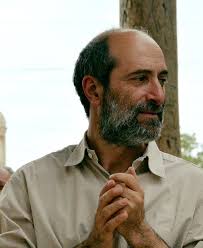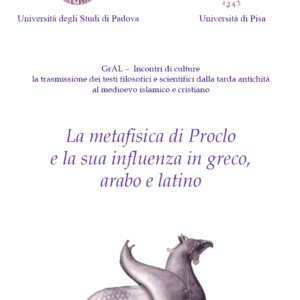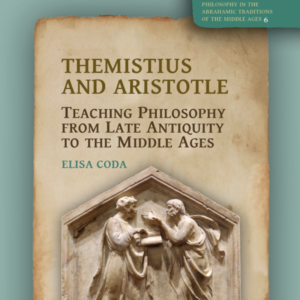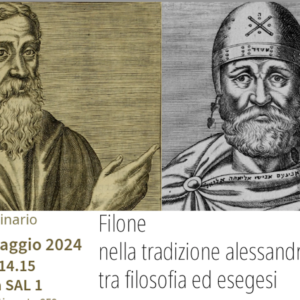The volume Orosius. Seven books of histories against the Pagans (Pisa University Press 2024) edited by Marco Di Branco won the Sheikh Zayed Book Award, one of the world’s most prestigious prizes dedicated to Arabic literature and culture for the category Translation, dedicated to translations from or into Arabic.
The award, which recognises the important role of translators in enriching culture and promoting dialogue between peoples, honours intellectuals, authors and publishers who have distinguished themselves for their contributions to literature, culture and knowledge. This year’s award received a record 3,151 nominations. The award ceremony will take place during the Abu Dhabi International Book Fair in May.
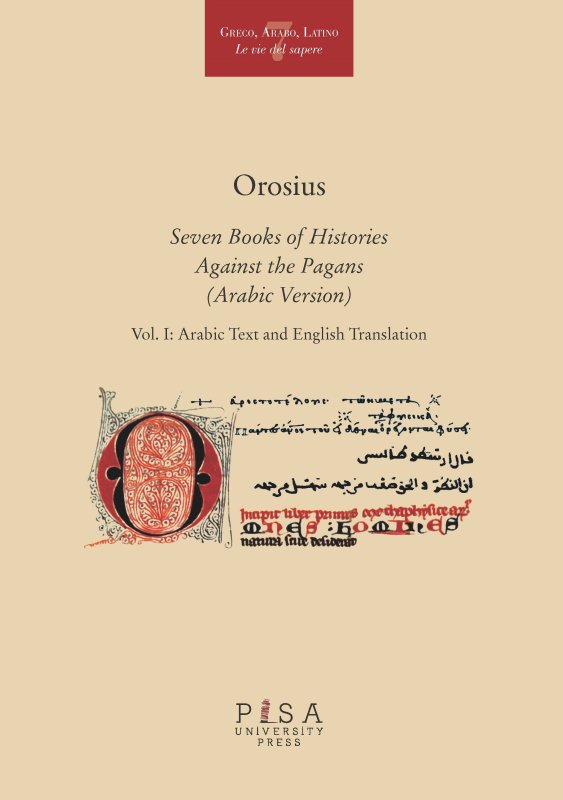
Orosius. Seven books of histories against the Pagans (Pisa University Press 2024)
The Kitāb Hurūšiyūš is an Arabic translation and reworking of the famous Historiae adversus paganos by the Latin historian Paulus Orosius (4th-5th century). This translation is the result of collaboration between Christian and Muslim authors at the court of the Andalusian Caliph al-Ḥakam II al-Mustanṣir. This book constituted a new gateway to the Greco-Roman world for medieval Islamic culture. Thanks to this first full English translation and the extensive introduction, Marco Di Branco has made a key text accessible to the international scholarly community for understanding the Arabic view of Greco-Roman history.
The Series Greco Arabo Latino of Pisa University Press has thus won a second important international award, after having received the prestigious Custodian of the Two Holy Mosques King Abdullah bin Abdulaziz International Award for Translation for Cecilia Martini Bonadeo‘s Italian translation of the medieval philosopher Al-Fārābī, L’armonia delle opinioni dei due saggi Platone il divino e Aristotele (Pisa University Press 2008).
Marco Di Branco (Sapienza Università di Roma)
What makes your book interesting for readers? What are the most important literary, intellectual or educational aspects of the work that contribute to the development of society?
“The so-called Kitāb Hūrūšiyū,” says Marco Di Branco, “is a text of extraordinary importance for many reasons: firstly, it is the only existing Arabic translation of a Latin historical text. As a result, it is thanks to this book that Arab scholars of the medieval period were able to study the history of ancient Greece and Rome for the first time: from the myths of the Trojan War to the exploits of the defenders of Greece against the Persians, to the tales of the war between Athens and Sparta, to the great deeds of the Republic and the Roman Empire. Secondly, the story of the translation of the book is particularly instructive and topical: it saw the collaboration of Christians and Muslims who worked side by side at the court of the Andalusian caliph and tried to offer a reconstruction of the past shared by the two main religious communities of Spain: a history seen from an Islamic-Christian perspective. Moreover, the accompanying commentary volume can be useful both to Western scholars and to scholars of the Arab world: the latter will find important pointers for delving into a history that is very important for Western culture but little known in the East. Finally, this book is the fruit of long research and represents an absolute publishing novelty (indeed, the Kitāb Hūrūšiyūš had never been translated into any Western language): my hope is that it may constitute a small step forward in the cultural dialogue between the Arab world and the Western world, at a time when such a dialogue is increasingly necessary. Indeed, the ingenious and far-sighted intuition of Caliph al-Ḥakam II al-Mustanṣir was to deepen the mutual knowledge of different cultures, which alone can erase misunderstandings and negative stereotypes, laying the foundations for a real and fruitful cooperation aimed at peace and the well-being of all mankind”.
